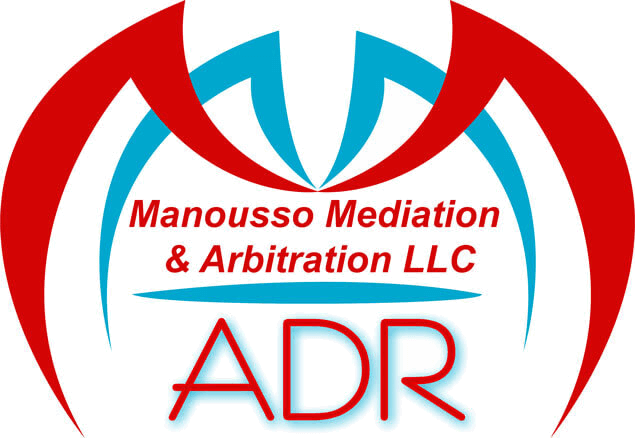The storyline may change but not the characters.
You already know your family’s story does not end with divorce.
Yet, the chapter you are in can feel like death at times.
Find the help you need to move forward on the path by minimizing conflict and arguments so that you can write your future path intentionally.
 Parents, not judges, should make decisions.
Parents, not judges, should make decisions.
As parents, we want to make decisions about our children’s futures, and no parent prefers that a judge or jury do that for them.
Parents want the best for their children, but they can become understandably distracted and overwhelmed by the conflict inherent in a divorce.
And now you’re being advised to meet with a Parenting Coordinator. Or perhaps a Parenting Facilitator…
So, what’s the difference between a coordinator and a facilitator?
At first glance, the terms look to be very similar, don’t they?
As a Parenting Coordinator or Parenting Facilitator, I am committed to helping families focus on the well-being of their children and reach amicable, creative, and unique solutions concerning the needs of the children on a variety of concerns.
Some of the important concerns include, but are not limited to, your child’s health, education, extracurricular activities, and even drop-off and pick-up conflicts.
However, it is worthwhile to share information about the differences and similarities between a Parenting Coordinator and Parenting Facilitator.
 The difference is degree of confidentiality.
The difference is degree of confidentiality.
In my role as your Parent Coordinator (PC), I am appointed by the court to assist parents in dissolved families to resolve parenting issues within the privilege of confidentiality.
To be appointed as a PC, the court will hold a hearing to determine whether the case is a high-conflict case or whether the appointment of a PC is supported by good cause and in the best interest of the child or children.
Additionally, I cannot be called to testify in court about our proceedings.
In contrast, for my role as a Parent Facilitator (PF), I am appointed by the court to assist parents in split families to resolve parenting issues. This is the same as my Coordinator role. However, confidentiality is not a privilege, and, therefore, I can be called to testify regarding our work together.
Sometimes, I am asked to provide a summary of our work together and current recommendations to the court. In such cases, the information is provided under affidavit and seal of the notary. The information may be submitted directly to the court or through the parents’ attorney(s) or child(ren)’s attorney (Amicus).
Both roles involve managing conflict and promoting clarity.
My role as either a PC or a PF involves many similarities. One key area of focus in either role is that of a conflict manager. In this role, I work to both minimize conflict and assist the parties in working out disagreements and misunderstandings regarding the children.
I help both parties to clarify their parenting priorities and find ways to achieve them. Someone once asked if it was like coaching or refereeing, and I can see the logic in that; however, I tend to see my role more as a constructionist role of peace-building (as opposed to a peace-keeper). Endeavoring to find strategies that work for both parents and keep the focus on the best interest of the child(ren) is challenging but doable!
I also help families navigate the often rocky, emotional waters to reduce conflict by both monitoring the electronic or written exchanges between parents and suggesting productive forms of communication that limit conflict between the parents.
Both roles require monitoring for compliance and resolving disputes.
Another function is that I will review applicable court orders, including protective orders, social studies, and other relevant records to analyze the impasses and issues brought forth by the parties.
I will closely monitor that we are complying with the court’s order regarding conservatorship or possession of and access to the child, implementing parenting plans, and settling disputes regarding parenting issues.
Ultimately, we work at reaching a proposed joint resolution or statement of intent regarding those disputes.
 It’s about learning to cope with the new storyline.
It’s about learning to cope with the new storyline.
The new roles for parents and the new script for managing children in a joint settlement require a period of learning. Therefore, I view one of my roles like that of an educator.
I need to educate all parties about child development, divorce, the impact of parental behavior on children, parenting skills, and communication and conflict resolution skills.
Much like the role of a case manager, I will work with the other professionals and systems involved with your family (for example, mental health, health care, social services, education) to be sure processes are flowing smoothly, communication is effective, and continuity of care is achieved.
Each role has limits and requirements.
What I cannot do in my role as either a PC or PF is permanently modify custody or possession orders. This will be made quite clear when we first begin working together.
And finally, in my role as a PC, I may or may not submit a report to the court and parties as requested by the court. If I do submit a report, it is usually limited to a simple statement as to whether I believe parent coordination should continue.
However, as a PF, I am required to submit a detailed report to the court and parties, as requested by the court.
I may make recommendations to the court and parties to implement or clarify provisions of the existing court order that are consistent with the intent of the court order and in the best interest of the child. However, the recommendations in my report may not address conservatorship, support, or possession modifications.
Further clarification is available.
I am happy to discuss any of this with you to demystify further these terms and the role I will play in your family and legal situation.
Call me today at (281) 900-8040.

Parenting Facilitator; Parenting Coordinator; Arbitration; Mediation; and Advance Family Mediation.

